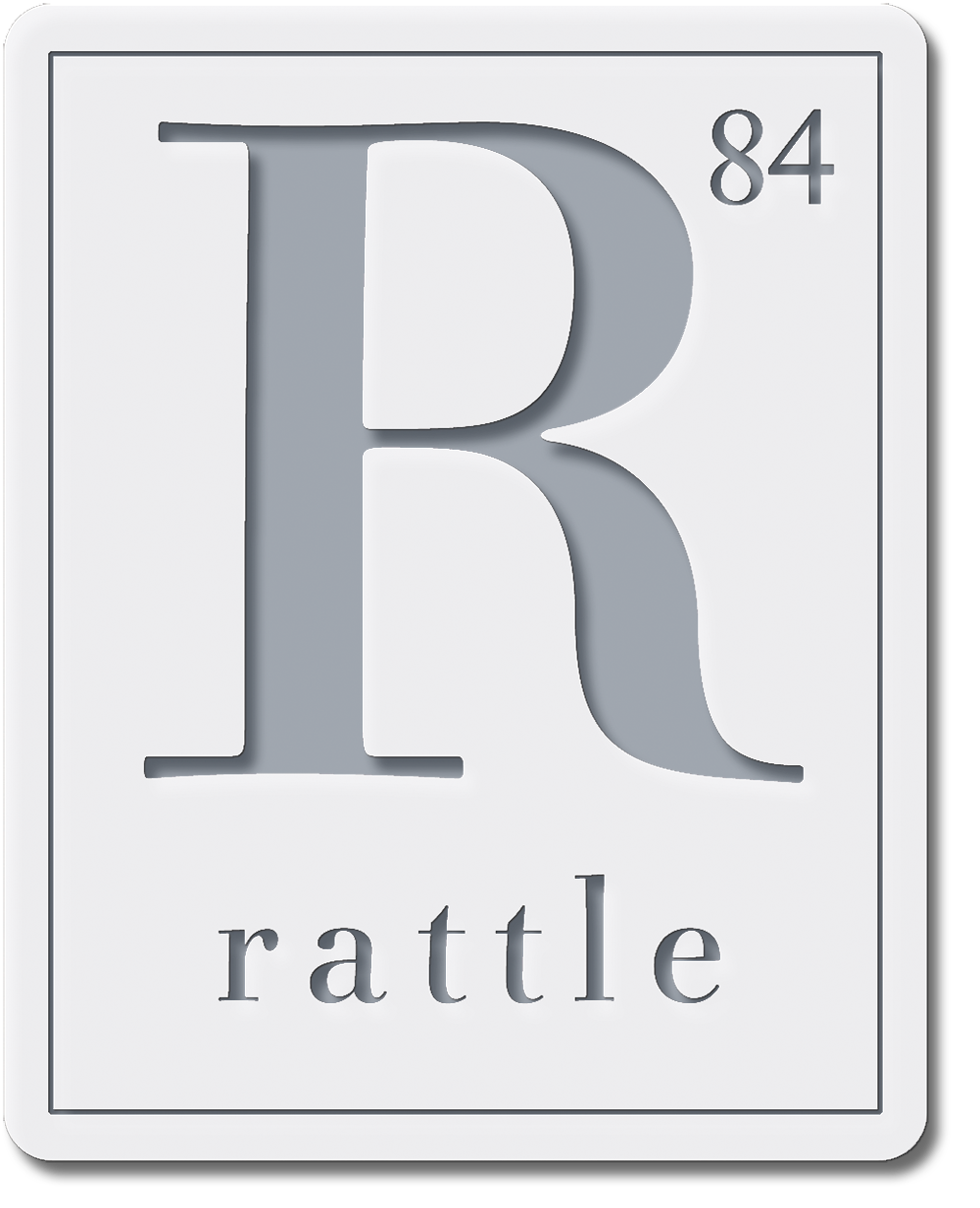Ross White
REPLACEMENT FRIEND
Imagine: you’re new in town. Long-haired, pierced-eared
in a button-down polo town. Stem-thin and gawky
where the preppy boys row crew each morning,
their shoulders like wide cantilever bridges.
You wear paisley and t-shirts from metal concerts,
you listen to Jane’s Addiction in your beat-up Honda
during your lunch period and hope no one will notice.
And hope someone will notice. The South is unforgiving
for strangers, though sometimes in its shimmering heat
the traveler sees the desert mirage and believes
he can slake his thirst in all that gentility.
Does it matter to you when one of the guys from Key Club
who obviously cheats on Spanish tests, who obviously
drinks beer in the back of the classroom
and never gets caught, whose last name headlines
the largest law firm in town, a firm so large even the other
high schoolers know it—does it matter to you, when he raps twice
on your car window while you’re belting out “Ocean Size”
like a needle-stick reminder of how small you feel,
that though he’s never spoken to you before,
though until this moment you weren’t even sure
he was aware you existed, you can already sense a chasm
in him, one so wide and deep you cannot see anything
other than the ledge? Sometimes between classes you’ve heard
whispers of a dead boy. Drunk driver. Single-car.
Played bass. Ran track. You asked a senior about him
once. You were met with silence. You understand
that most of these people hadn’t just been friends,
they’d occupied the same positions in the seating chart
since sixth grade to keep the integrated schools segregated.
You understand that you arrived a few months after
the wreck. You can sense yourself sitting in his seat
in American Lit, in Precalculus, in Spanish III, three periods
that move from classroom to classroom as a unit
before you scuttle off to drama class and they go
wherever the rich kids go. A chasm wide as absence.
Does it matter to you, understanding that you will be little more
than a pair of arms throwing eggs at a rival swimmer’s house
or a pair of lungs smoking contraband Camels in sixth period
or a refrigerator to raid when he shows up at your house drunk
before dinnertime and says he wants to borrow your bass,
little more than a ride to a rager that he knows you don’t care about
and he won’t invite you to because he knows you won’t go
or a cowering presence in his living room while he shouts
at his father that he’ll never be a self-hating lawyer when it’s obvious
to all three of you that he will, when it’s obvious that so much
of what he does, he does in the shadow of a dead boy, a shadow
you’ll soon wear—does it matter to you, any of it, when at the sound
of the knock, you switch off the car stereo and roll down the window?
—from Rattle #81, Fall 2023
__________
Ross White: “I’d like to believe that this poem had its genesis in the first line of Landis Everson’s 1955 poem ‘These Friends of Yours,’ which was on my nightstand around the time ‘Replacement Friend’ was written. But that was in those first few months of the pandemic, so questions of what binds us to our friends were probably much on my mind as I careened from Zoom to Zoom, lonely in ways I hadn’t been since those first days at a new high school.” (web)


